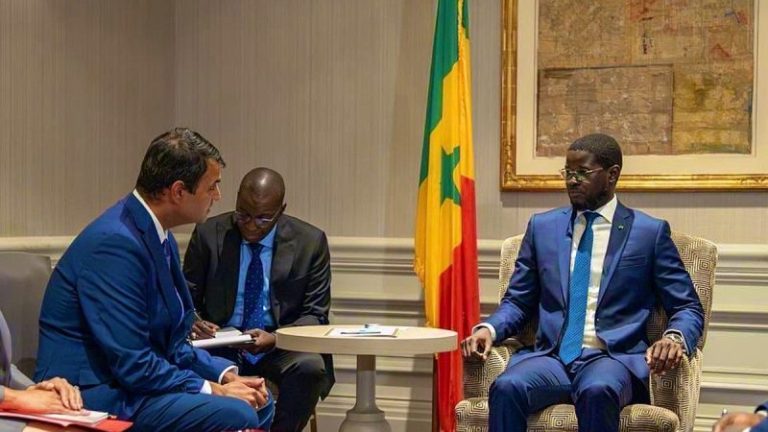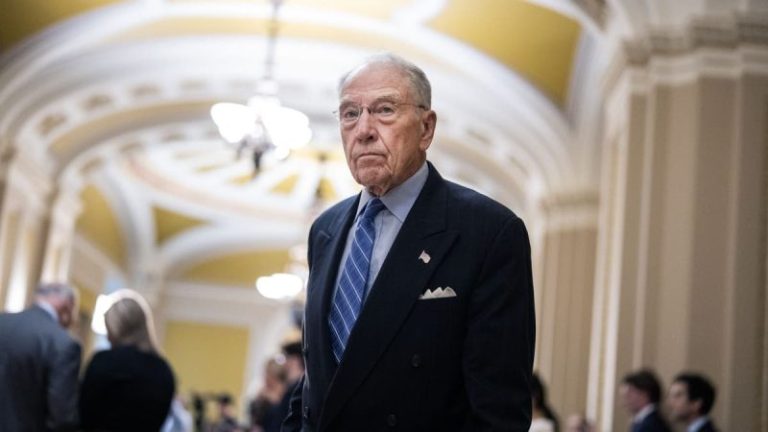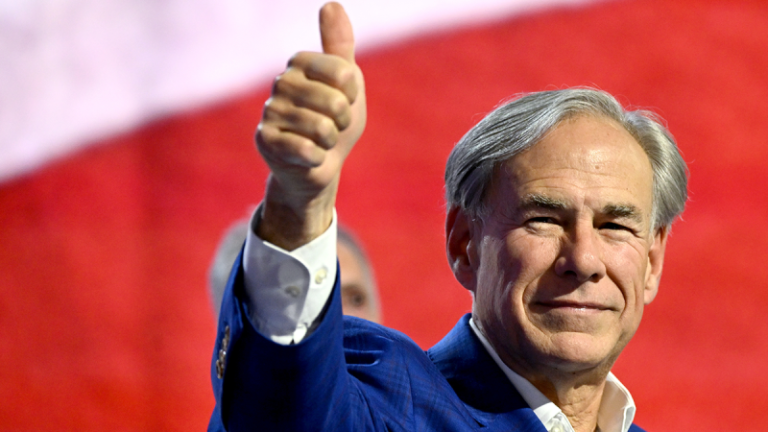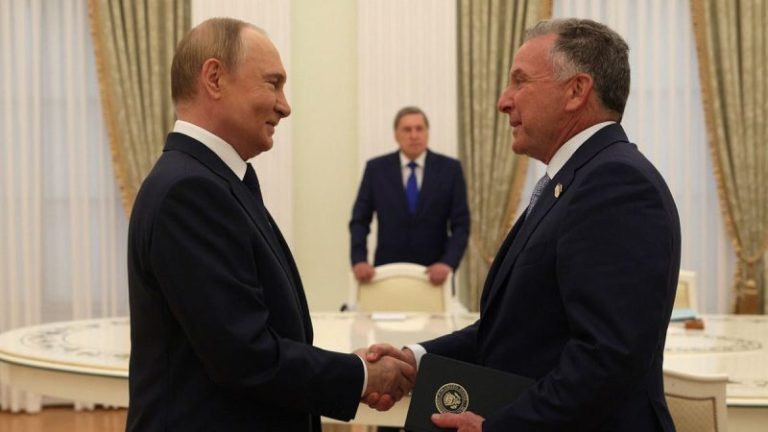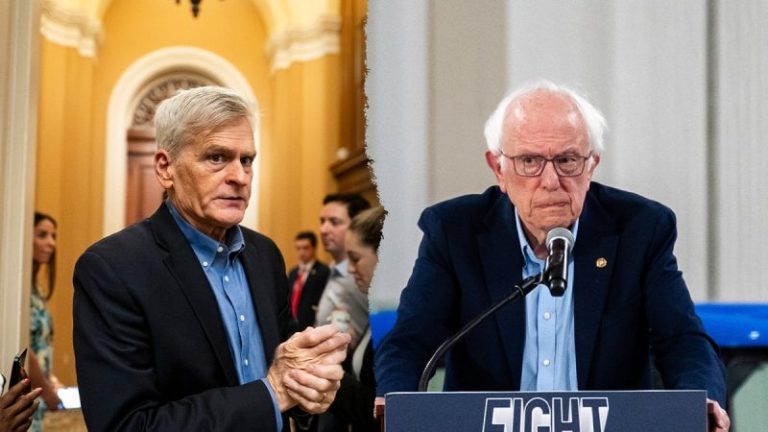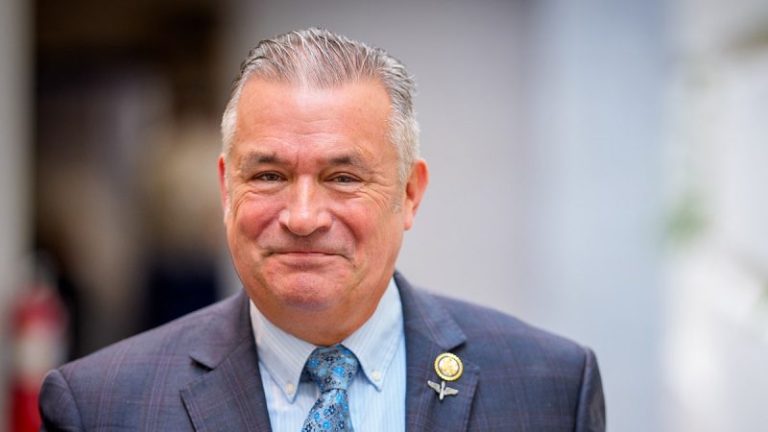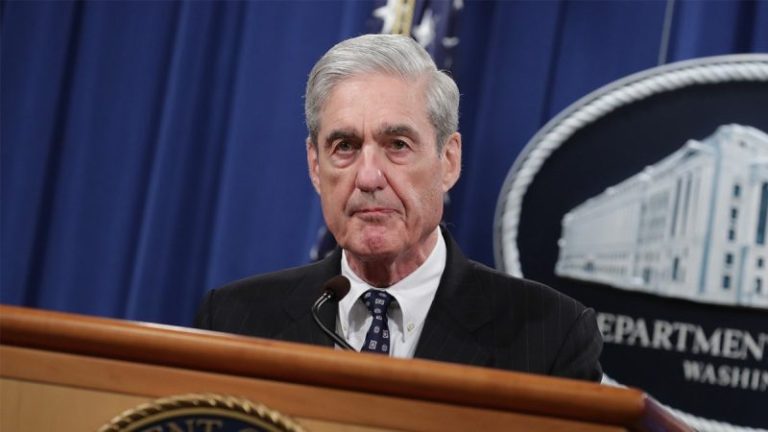Dr. Sohan Dasgupta, appointed earlier this year as the political head of the Millennium Challenge Corporation (MCC), told Fox News Digital he is stepping down after a four-month sprint, declaring his mission to preserve and reposition the U.S. agency as a strategic foreign policy tool as ‘accomplished.’
Created by Congress in 2004, MCC delivers five-year infrastructure and energy compacts to developing nations that meet strict governance standards. Unlike traditional aid, its investments are structured to drive long-term economic growth and open markets for U.S. companies.
Since its creation under President George W. Bush, MCC has often been grouped with other U.S. aid programs.
Career staff have long emphasized development goals like poverty reduction, education, and infrastructure, but unlike USAID, MCC was established as a corporate body with a fiduciary duty to ensure effectiveness.
A White House official, speaking on background to Fox News Digital, argued the agency too often presented itself as aid rather than investment before President Donald Trump took office.
Dasgupta pushed staff to adopt a different lens, pressing them to evaluate projects based on the return on investment for the United States, the degree of strategic alignment with partner countries, and whether MCC compacts could be used to strengthen U.S. leverage in negotiations.
A Center for Strategic and International Studies (CSIS) report this spring argued that MCC is not a traditional aid agency but an ‘investment’ tool uniquely suited for an ‘America First’ agenda.
The authors warned shuttering it would hand China ‘diplomatic and economic wins’ while leaving half-built projects abroad, and noted Trump-era partner selections, from Nepal to Côte d’Ivoire to the Pacific Islands, were strategically chosen to counter Chinese influence.
‘The United States and the world are safer, stronger, and more prosperous with the MCC model than without it,’ the report concluded.
MCC’s current portfolio under Trump includes some of its largest-ever compacts: a $500 million deal in Nepal funding nearly 200 miles of transmission lines, a $480 million compact in Sierra Leone expanding electricity access and a $202 million program in Kosovo focused on grid-scale battery storage. Other investments include $536 million in Côte d’Ivoire, $537 million in Mozambique and a water compact in Mongolia.
Dasgupta told Fox News Digital that his role was to press MCC staff to think in terms of U.S. national security and economic benefits. ‘Reforming MCC into a vital national security and foreign policy asset’ was how he described his ‘mission accomplished’ moment.
A May 9 email from the White House Liaison to MCC staff, obtained by Fox News Digital, shows Dasgupta was appointed as a Schedule C Senior Advisor ‘assuming political leadership for the agency.’
MCC’s Fiscal Year 2026 Candidate Country Report, released this month, lists Kosovo, Nepal, Sierra Leone, Côte d’Ivoire, Mozambique, Mongolia, Solomon Islands, Fiji and Tonga among its eligible partner nations.
‘Service has many forms. My goal was to carry out particular projects and missions, then make way for others,’ Dasgupta said.
On China, he added: ‘Critical minerals and rare earth elements are a vital part of American strength … MCC has really understood that.’
Kosovo’s ambassador to the U.S., Ilir Dugolli, praised Dasgupta’s responsiveness. ‘We worked closely soon after he arrived at MCC … I respect him enormously for the way he handled his portfolio and how professional he was,’ Dugolli told Fox News Digital.
On energy security, Dugolli said: ‘Kosovo fully aligns with U.S. foreign policy … Batteries are extremely important, especially after last year’s terrorist attack on the Iber-Lepenc canal. The compact is the single most critical investment for our country’s energy security and economic resilience.’
Dasgupta’s departure also comes as the Trump administration pursues cuts to traditional U.S. foreign aid programs and seeks to reframe America’s global engagement under its ‘America First’ policy.
While agencies such as USAID have faced reductions and restructuring, Dasgupta argues the MCC has been preserved as a leaner, investment-driven tool aligned with the administration’s emphasis on strategic deals and competition with China.
Analysts estimate China controls about 70% of global rare earth mining and nearly 90% of processing capacity, according to the Oxford Institute for Energy Studies.
Between 2023 and 2025, China imposed export restrictions on strategic minerals, according to CSIS. Dasgupta argues MCC’s work in allied nations can help diversify supply chains and strengthen resilience, though MCC has not publicly described critical minerals as a formal focus of its work.
‘Quick wins’ like Kosovo’s battery project and Nepal’s power lines, Dasgupta said, show how American aid can advance prosperity abroad while reinforcing security at home.
With his departure, MCC continues compacts in dozens of countries worldwide.
The MCC did not immediately respond to Fox News Digital’s request for comment.

